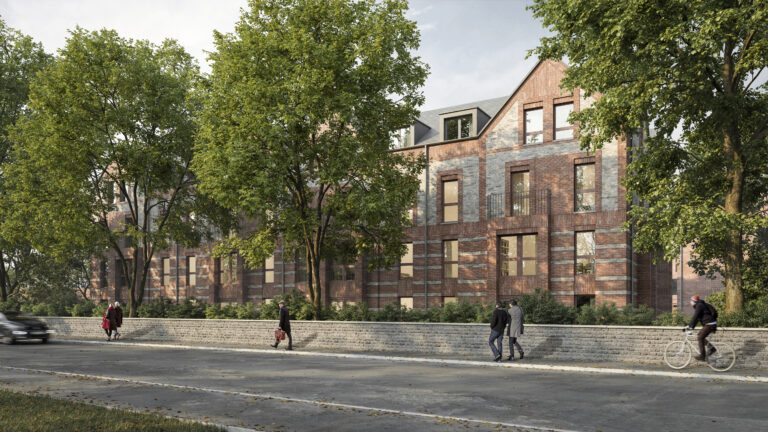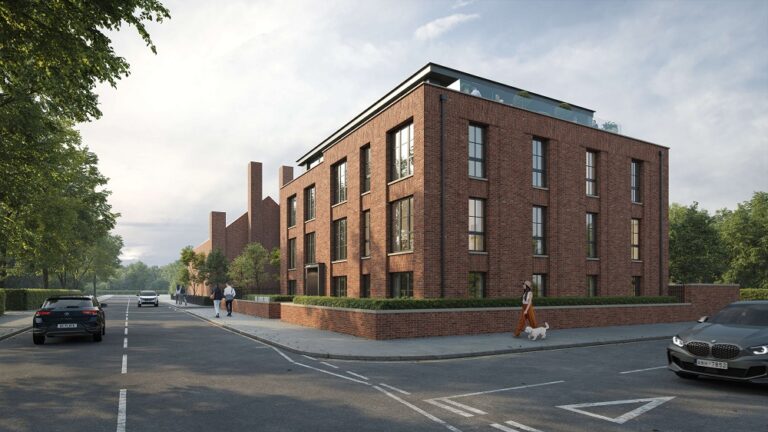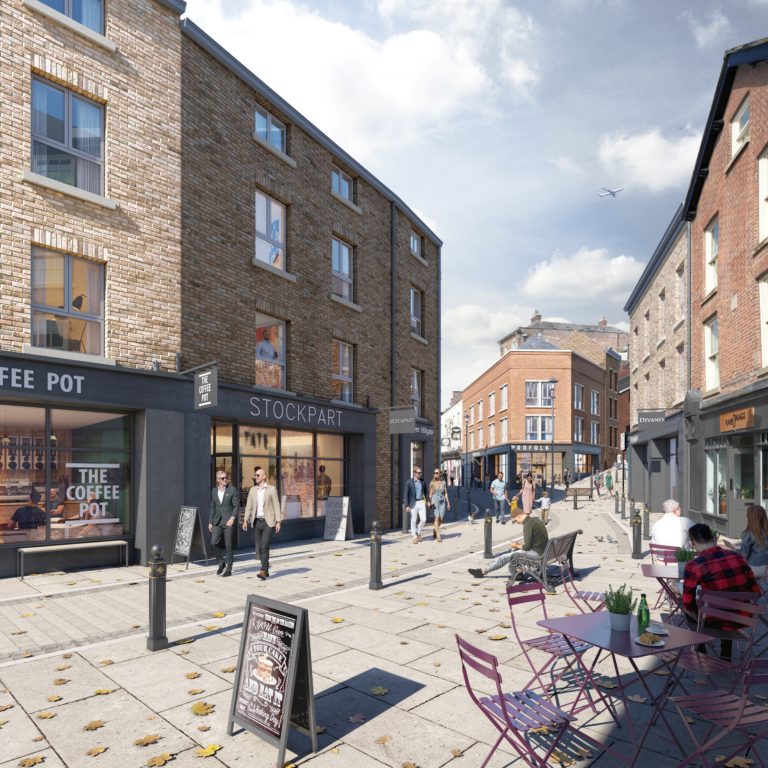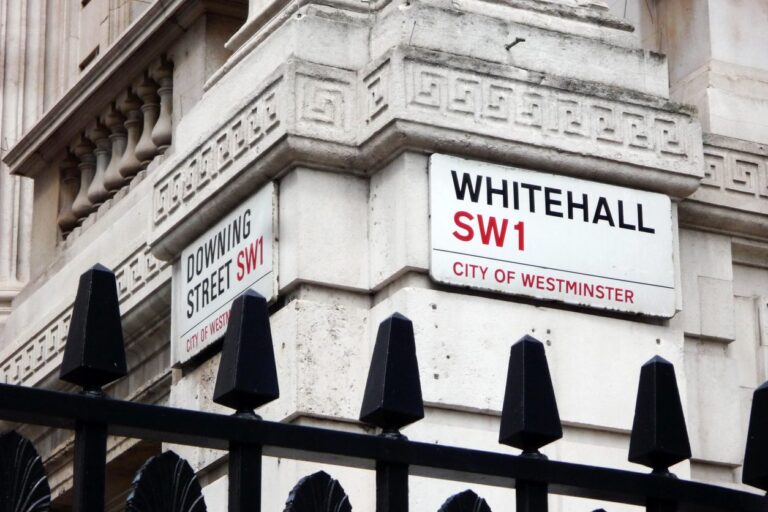There are more than 130,000 unlicensed rental properties in London, new data has revealed, with confusion across the sector rife and tenants being put at risk.
A confusing system with a “mish-mash” of different licensing schemes has been partly blamed for the latest figures which have emerged showing that there is a non-compliance rate of 75% across HMOs (houses in multiple occupation) in London.
There are currently more than 310,000 HMOs in London that fall under the mandatory licensing scheme, while only 25% of the currently unlicensed 138,500 properties are under application for licences at the moment, with the other three quarters operating illegally.
While all large HMOs (properties rented out to five or more unrelated occupants) now require licences in order to operate, other privately rented properties fall under selective and additional licensing schemes which are operated on a borough by borough basis in the capital – and across different councils and areas in the UK.
According to a report from safeagent by London Property Licensing, of the 173,000 properties that fall under selective licensing schemes in London, there is a 15% non-compliance rate with only 85% of licence applications being submitted.
Added to this is the fact that many London boroughs are falling drastically behind in trying to process more than 24,000 licence applications, with 40% of areas in the capital still relying on paper applications.
What is selective licensing?
Designated areas are subject to a selective licensing scheme, where private landlords operating in these areas need to apply for a licence for each property they rent out, regardless of its size or the number of tenants living there. This is imposed by the local council often in areas where there is a low demand for houses, high levels of crime, properties that are in a poor condition and significant problems with antisocial behaviour.
The aim of the licensing scheme is to improve the management of rented properties, making more people want to live in the area for a longer length of time, increasing property prices as the area improves and reducing crime.
To find out if you are operating in an area currently under selective licensing, check with your local council.
What is additional licensing?
While all HMOs of a certain size fall under mandatory licensing requirements, those that don’t meet the criteria may still need a licence under additional licensing, which will depend on the local council or borough. Each council decides what type of HMO needs a licence, which may be affected by there being a high number of properties not being managed properly or where safety standards are not being met. Again, to find out if your property falls under an additional licensing scheme, refer to your local council.
Legal responsibilities
Unfortunately, there is no central system that can tell you whether the property or properties you rent out require a licence, so each case must refer to the individual council under which it operates.
According to Isobel Thomson, safeagent CEO, the results of the study are “concerning”.
“Consumers are not being well served and indeed many are being placed at risk through this mishmash of licensing schemes. Right now, the system isn’t fit for purpose and councils are drowning in paperwork.
“Landlords needing property licences are either deliberately evading the schemes or are in the dark concerning their legal responsibilities and tenants are being placed at risk. If the compliance rate for HMO licensing schemes is only 25%, how can these schemes be effective?”
She added: “Ultimately this is about proper use of public money and consumer protection. Where are the assessment procedures for Councils who have schemes in place? Isn’t it time we went back to the drawing board to come up with a simple, streamlined system that works for all.”
Failure to apply for and obtain a licence for your rental property where one is required can result in prosecution and a fine or civil penalty up to £30,000, while you may also be ordered to repay up to 12 months of rent.










